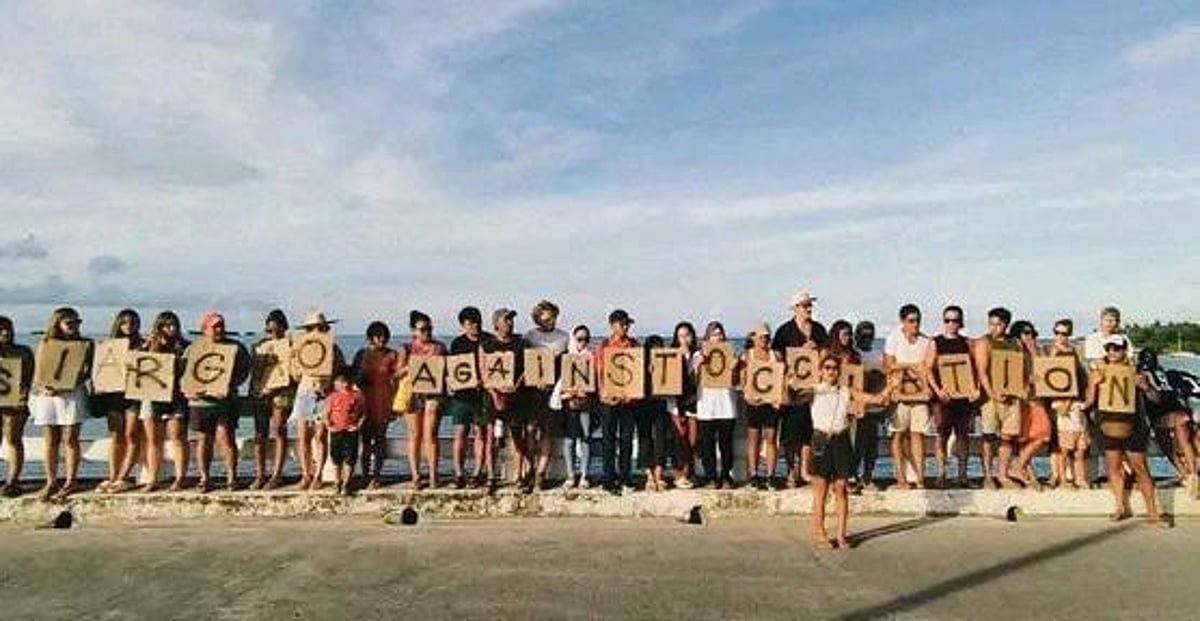A NEW study has found that many Filipinos who gamble online remain unaware of the risks tied to unregulated platforms, exposing themselves to potential financial losses, scams, and even underage access.
The report, released by sociocultural research firm The Fourth Wall, surveyed 400 online gamblers across Mega Manila, Metro Cebu, and Metro Davao. It revealed that 55 percent of respondents admitted they were unaware of the legal implications of betting on unregulated sites, while 33 percent said they knew “a little.” Only 12 percent found the rules clear, underscoring what researchers described as a critical knowledge gap.
“Trust, not legality, drives player behavior,” said John Brylle L. Bae, research director at The Fourth Wall. “Confidence, fairness, and perceived profitability matter more than platform features. This explains why players, despite uncertainty and uneasiness, continue to engage with unregulated platforms as long as they perceive a chance to win.”
HIGH-RISK BETTING The study showed that unregulated platforms attract heavier play compared to regulated ones. GRAPHICS BY CHATPGT
High-stakes play, heavy losses
Get the latest news
delivered to your inbox
Sign up for The Manila Times newsletters
The study showed that unregulated platforms attract heavier play compared to regulated ones. Forty-one percent of players reported gambling two to three times a week, while nearly a third played four or more times weekly. Most bets ranged from P100 to P499, though higher wagers of P1,000 and above were concentrated almost entirely in unregulated sites.
Losses were also steeper. Mid- to high-value losses of P100 to P999 dominated, while major losses of P5,000 or more occurred almost exclusively on unregulated platforms. About 41 percent of players said they quit primarily due to financial setbacks.
The research grouped gamblers into four personas: “high-stakes losers” (44 percent), who frequently placed high bets but lost more than they won; “perceived winners” (28 percent), who believed their wins outweighed losses; “casual break-even players” (17 percent), who gambled infrequently with low stakes; and “regulated converts” (11 percent), who split play between regulated and unregulated sites but leaned toward the former.
Most respondents were 26 to 45 years old, lower-income earners, and family-oriented, with gambling seen largely as a form of leisure.
Promos, easy access fuel participation
Despite the risks, players cited game variety, faster transactions, convenient payment channels, and frequent promotions as reasons for choosing unregulated sites. Nearly all respondents recalled being exposed to promos, with 52 percent reporting three or more in a month.
Promotions were largely focused on onboarding, such as free credits or welcome bonuses, while long-term incentives like cashback and rebates were less common. Affiliate programs, though widely marketed, appeared less influential, with only 15 percent of players participating.
Access to these platforms was notably easy. More than 90 percent of respondents said they were able to sign up with little to no verification, often just by providing a phone number or email. Eighty percent reported that betting limits were absent, leaving underage and vulnerable groups at risk.
Weak safeguards, unresolved complaints
Players reported that unregulated platforms often lacked visible fairness certifications, with 65 percent saying they had never seen one. Customer service was inconsistent, with many complaints unresolved. Among those who had problems, 37 percent said their concerns were acknowledged but not fixed, while 16 percent received no response at all.
In contrast, regulated platforms operated under Philippine Amusement and Gaming Corp. (Pagcor) oversight, with verified games, Know Your Customer procedures, capped betting transactions, and formal dispute channels.
The Fourth Wall’s comparative analysis noted that unregulated sites typically offered around 5,000 games — many unverified — compared with about 2,900 Pagcor-approved titles in regulated platforms.
Policy implications
Researchers warned that the combination of high-risk betting, minimal safeguards, and weak awareness leaves Filipino gamblers vulnerable. Still, they stressed that punitive measures against players may be less effective than systemic reforms.
“Policy could focus on shaping conditions such as payment channels, verification systems, or advertising practices that make safer options more accessible and attractive, rather than targeting players themselves,” Bae said.
The study recommended clearer communication around user protections, more reliable grievance mechanisms, and responsible design of promotions to steer gamblers toward regulated environments.
“As conversations on online gambling policy evolve, we need to ground them in evidence and real behaviors,” the report concluded. “Understanding culture and player experience is key to better decisions.”












